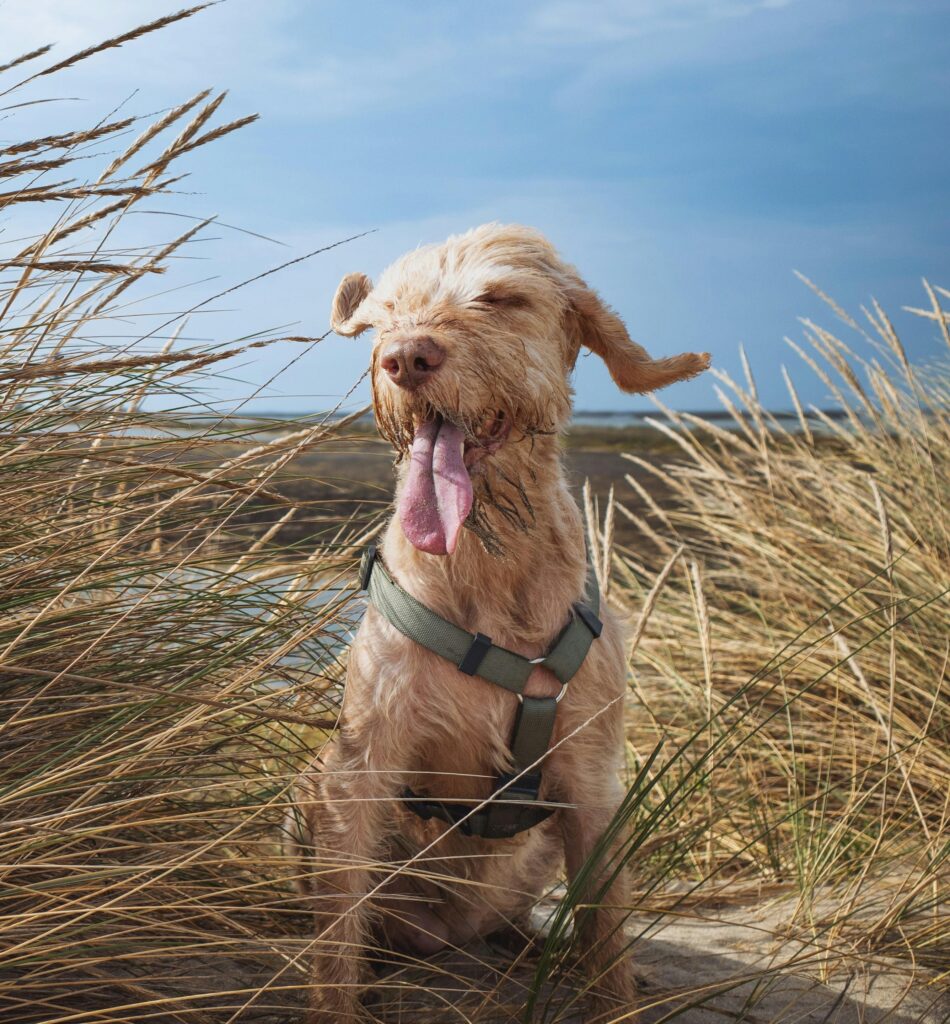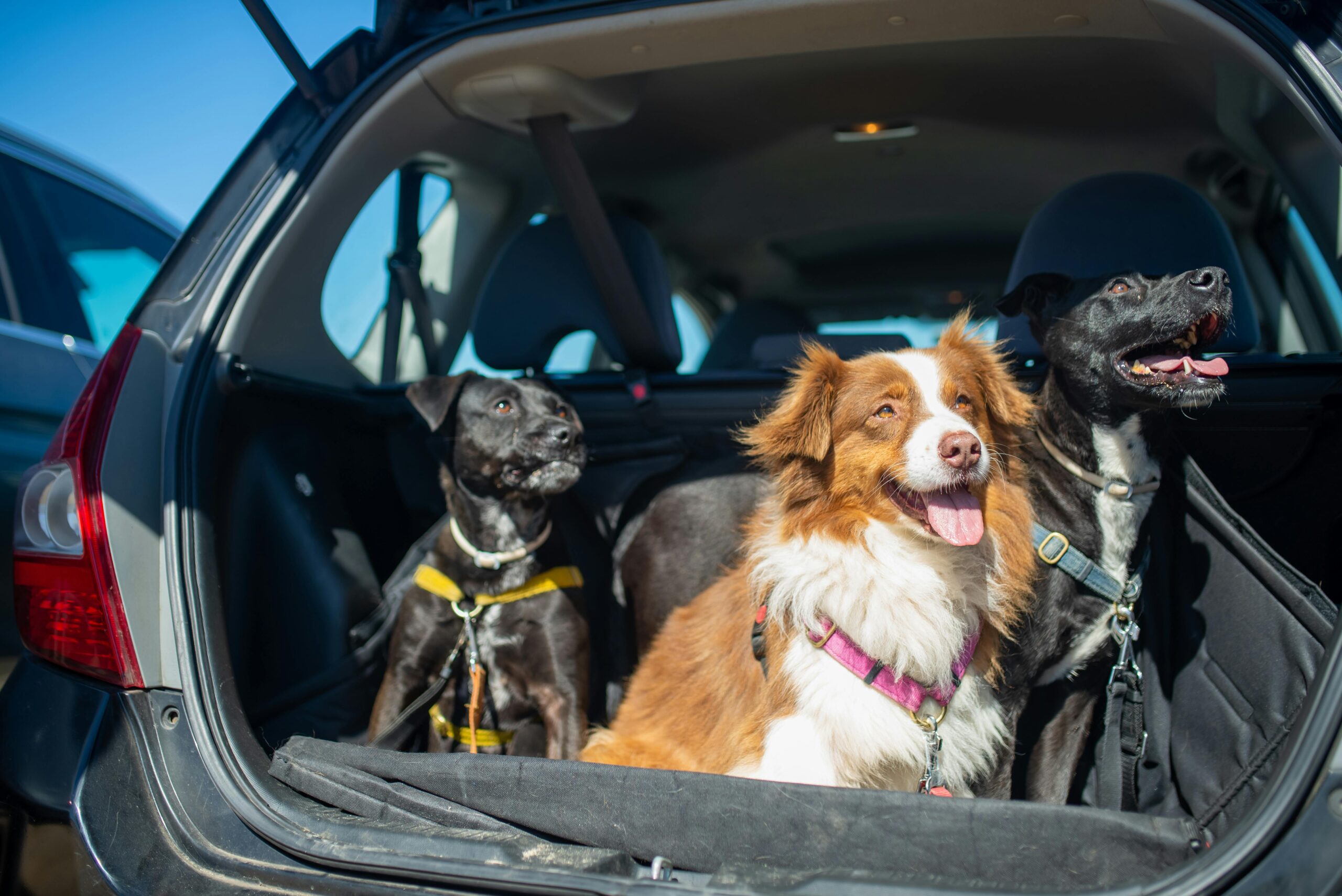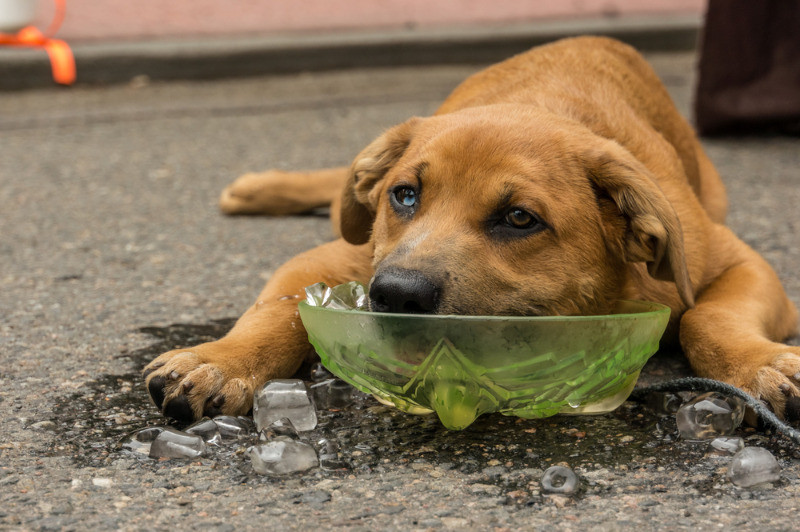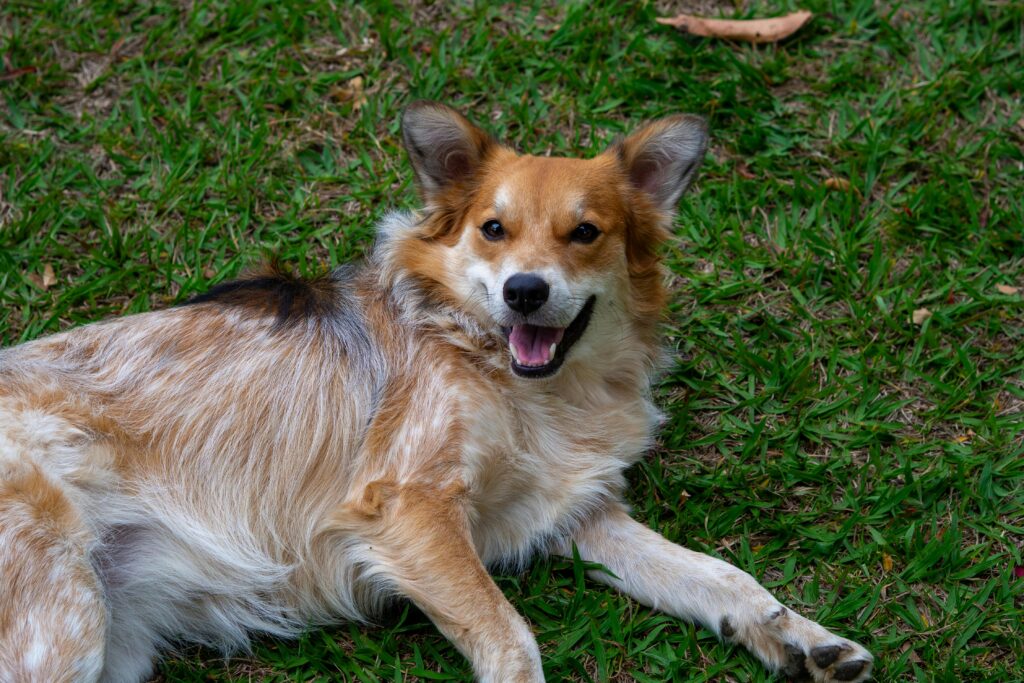Why A dog car safety harness Is Super Important
The Dangers of Letting Dogs Roam Free in the Car
We’ve all seen it — a happy dog with its head out the window, ears flapping in the wind. Cute, right? Sure, but also risky. If you stop suddenly or get into an accident, your pup could get seriously hurt or hurt someone else in the car. A free-roaming dog in a moving vehicle is just not safe.
What the Law Says About Traveling With Pets
In some places, it’s illegal to drive with an unrestrained pet. States like Hawaii and New Jersey have laws that could land you with a fine if your dog isn’t secured. But even if your state doesn’t require it, safety should always come first.
What Exactly Is a Dog Car Safety Harness?
How It Works
A dog car safety harness is like a seatbelt for your pup. It straps around their chest and connects to your car’s seatbelt system. The goal? To keep them safely in place during your ride, whether it’s a quick trip to the park or a long road trip.
Harness vs. Seat Belt – What’s the Difference?
Some folks think a dog leash seat belt is enough, but here’s the deal: most of those attach to regular walking harnesses, which aren’t designed for car crashes. A proper car safety harness is built for impact and tested to withstand pressure.
Why You Should Use a Car Harness for Your Dog
Keeps Your Pup Safe
Accidents happen, and if they do, a good car harness could save your dog’s life. It prevents them from flying around the car or, worse, getting ejected.
Helps You Drive Without Distractions
A dog bouncing around the car, jumping into your lap, or trying to sneak into the front seat? Yeah, that’s not ideal. A harness keeps your dog where they belong — safely in one spot, so you can focus on the road.
Adds Extra Protection in Emergencies
Even sudden stops or swerves can be enough to throw your pup off balance. A secure harness keeps them steady and safe.
What to Look for in a Good Dog Car Harness
Crash-Tested = Peace of Mind
Look for harnesses that have been crash-tested and approved by trusted organizations like the Center for Pet Safety. That’s your sign, it’s the real deal.
Adjustable for the Perfect Fit
Every dog is built differently, so using a one-size-fits-all solution just doesn’t cut it. Go for harnesses with multiple adjustment points so you can customize the fit.
Comfy for Long Rides
Think padded chest plates, soft fabrics, and breathable materials. If it’s comfy, your dog will be way more chill during car rides.
Easy to Put On and Take Off
Nobody wants to wrestle with straps and buckles while your dog’s squirming. Look for quick-release buckles and user-friendly designs.
Our Favorite Picks for Dog Car Harnesses
Kurgo Tru-Fit Enhanced Strength Harness
This one’s a favorite for a reason — it’s strong, crash-tested, and super adjustable. Plus, it comes with a seatbelt tether.
Sleepypod Clickit Sport
Stylish, durable, and one of the few CPS-certified harnesses out there. It’s designed with an “Infinity Loop” that helps absorb crash energy.
Ruffwear Load Up Harness
This rugged harness is built like a tank. Great for bigger dogs or those who like to tug and pull. Bonus points for the sturdy hardware and padded chest plate.
EzyDog Drive Harness
Made from actual seatbelt webbing, this harness means business. It’s simple to use, and the chest plate is comfy for long drives.
Mighty Paw Safety Harness
A budget-friendly option that still ticks all the right boxes. Lightweight, breathable, and compatible with most seatbelt systems.

How to Use a “dog car safety harness” the Right Way
Easy Setup Guide
- Put the harness on your dog and adjust it for a snug fit.
- Use the included tether or your seatbelt to secure the harness.
- Double-check that it’s anchored properly, and there are no loose ends!
Helping Your Dog Get Used to It
Start by letting them wear it around the house. Toss in some treats, lots of praise, and short car rides to build up their comfort level.
Common Mistakes to Avoid
Choosing the Wrong Size
Too tight? Your dog will be uncomfortable. Too loose? It won’t work in a crash. Always measure your dog before buying.
Not Anchoring It Correctly
Make sure you’re attaching the harness to a proper seatbelt anchor — not the headrest or anything loose.
What If a Harness Doesn’t Work for Your Pup?
Other Options Like Carriers or Crates
For smaller dogs, a crash-tested carrier strapped into the seat can work wonders. Bigger dogs might do well in a secured travel crate. Just make sure whatever you use is anchored properly.
Road Trip Tips for Pet Parents
Keep Your Dog Chill in the Car
Pack their favorite toy, a cozy blanket, and maybe some calming treats if they get anxious. Familiar smells = relaxed pup.
Plan Breaks and Bring Water
Stop every couple of hours for potty breaks and stretching. Don’t forget a collapsible bowl and a bottle of water!
Frequently Asked Questions
Q1: Can any dog wear a car harness?
Absolutely! Just make sure you get the right size and adjust it properly.
Q2: Can I use a regular harness in the car?
Not safely. Regular harnesses aren’t designed to protect your dog in a crash.
Q3: How do I know if a harness is crash-tested?
Look for labels from organizations like the Center for Pet Safety or independent test results on the brand’s website.
Q4: Is it okay to let my dog sit in the front seat with a harness?
Not ideal. It’s safest for dogs to ride in the back seat — airbags can be dangerous for them.
Q5: What if my dog hates wearing the harness?
Go slow. Let them wear it around the house, offer treats, and keep initial car rides short and fun.
Wrapping It Up
At the end of the day, your dog deserves the same level of safety as the rest of your family. A good car harness keeps them protected, gives you peace of mind, and makes every trip smoother. Whether you’re heading to the vet or hitting the open road, make sure your furry co-pilot is buckled up and ready for the ride.
Happy (and safe) travels!




